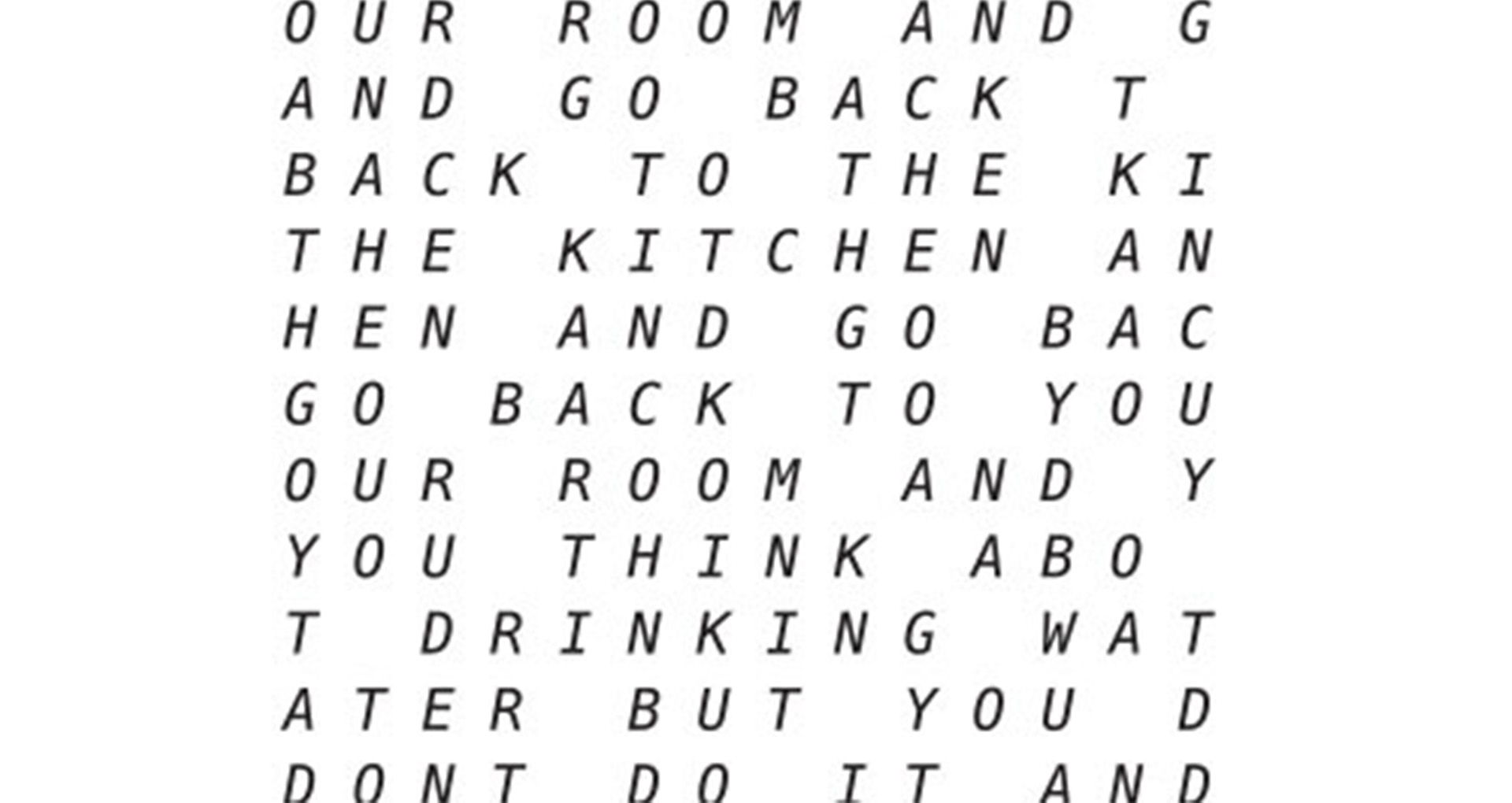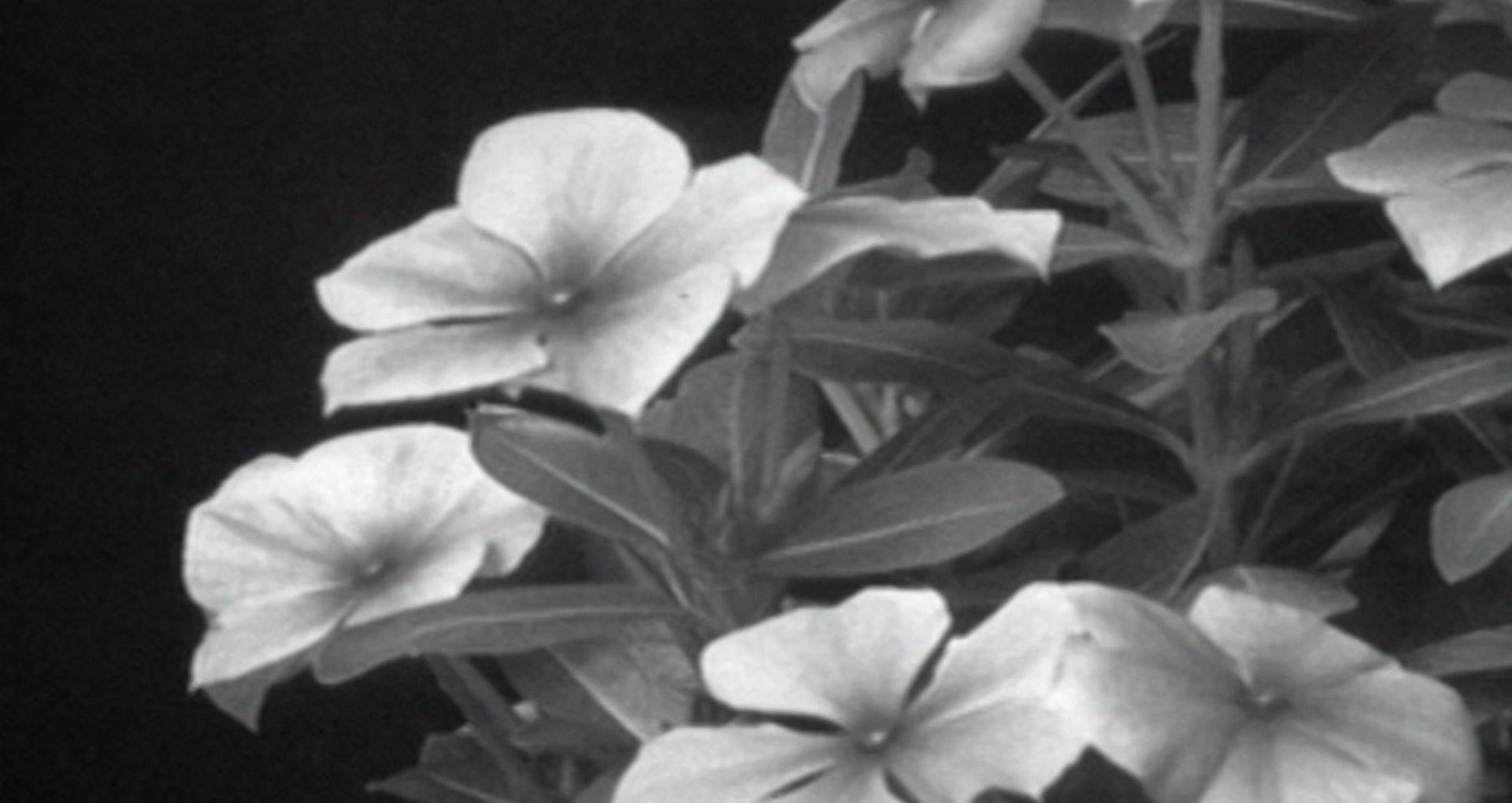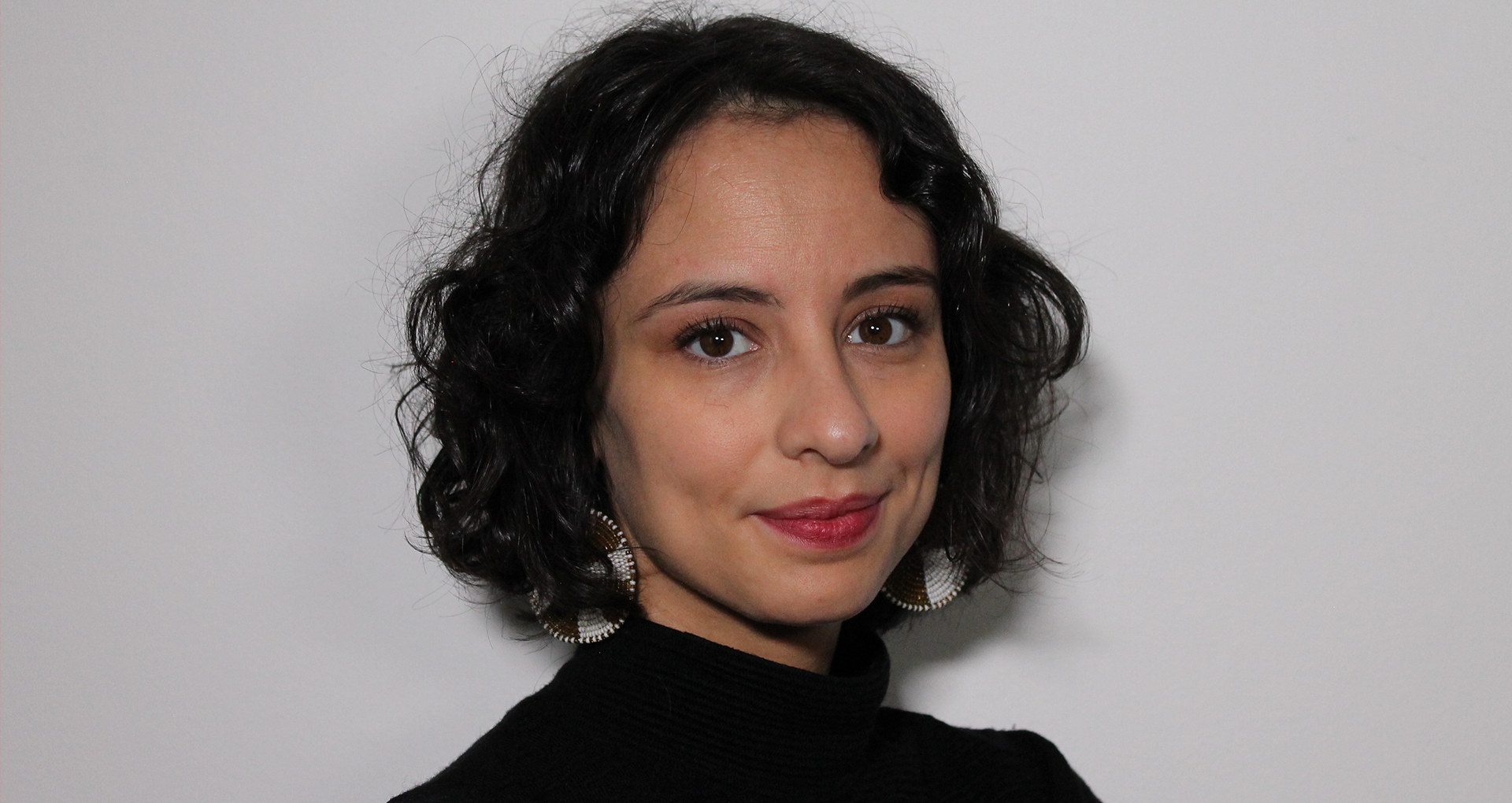
© José Andrès Mora, And you move, 2015
And You Move
Jose A. Mora
Installation in the front window
In association with Trinity Square Video
And You Move is the first one of two projects of exposures to Vidéographe, who will present the work of torontois artists under the commissionership of the center Trinity Square Video.
And you move is a residential storefront display that preoccupies itself by daydreaming about
modernist alienation and malaise. For Vidéographe’s unique exhibition space in a commonplace
residential window, José Andres Mora has fabricated an LED sign with scrolling text
programmed to communicate with the outside world. Residential storefront signs typically
advertise products or services in order to entice passers-by into the building, but Mora’s sign has
more existential considerations, which complicate such straightforward relationships between
interior and exterior.
And you move offers two simultaneous streams of text; one guttural, onomatopoeic, and
affective; the other descriptive, meandering, and directive. Presented at different sizes, in
different colours, and scrolling in opposite directions, the texts work both alongside and against
each other, undermining any sense of coherence that may be able to be gleaned from either
independently. The bottom portion of the sign presents a second-person description of a reader
trapped in ad-infinitum loops of unproductive wanderings—-absent-minded and without
purpose. The upper portion simply grunts, beeps, groans in strained attempts at self-expression.
The disjuncture between these two displays conjure a semblance of a split consciousness within
the screen in an act of becoming. Mora’s sign acts as a form of theatrical speculation,
performing what it could be like to be a sign that is, in turn, speculating what it’s like to be a
human being. The sign’s incoherent ramblings, however, seems to suggest it is confused about
what it is that humans actually do–or perhaps it is trying to express its own meaningless
existence by describing monotonous routines that are analogous to its own.
Mora’s approach to language unwinds expectations of textual communication. Not quite
spoken, not exactly written, without punctuation, and sometimes backwards; AND IT MOVES
employs a foreign mode of communication that is nonetheless fully constituted within the
structure of English language. It encourages a subtle shift of how the viewer processes thought,
and helping the viewer imagine being other than human and feel like a sign feels.
Inverting the language of advertising–with its efficient focus on impact–Mora’s Mobius texts go
nowhere; they are experiential rather than narrative. Revolving around banality, absence, and
expression they attempt to snare the viewer in a tragicomic loop of the unremarkable–with
sympathy to the lost, the trapped, and the aimless.
José Andrés Mora After graduating from Capilano University in Vancouver, José Andrés Mora received a Bachelor of Fine Arts from the Nova Scotia College of Art and Design in Halifax. Presently, Mora maintains an interdisciplinary practice with a focus on multimedia installation and video-based work. www.joseamora.com
John G. Hampton Artistic Director of Trinity Square Video and Curator in Residence at the Justina M. Barnicke Gallery and University of Toronto Art Centre. John G. Hampton holds a Masters in Curatorial Studies from the University of Toronto. His recent research has focused on humourous minimalism, attentive aesthetics, virtuality, decentered identity politics in queer and aboriginal art, and ontologies of stones.
Trinity Square Video One of Canada’s first artist-run centres and its oldest media arts centre, Trinity Square Video aims to meaningfully engage diverse creative voices through its accessible production, post-production, and exhibition support. Trinity Square Video champions an evolving definition of video by presenting challenging contemporary art that inspires its members and audiences to expand their understanding of media art. The Centre strives to create a supportive environment, encouraging artistic and curatorial experimentation with video that challenges notions of medium specificity and advances media art as a creative discipline.





